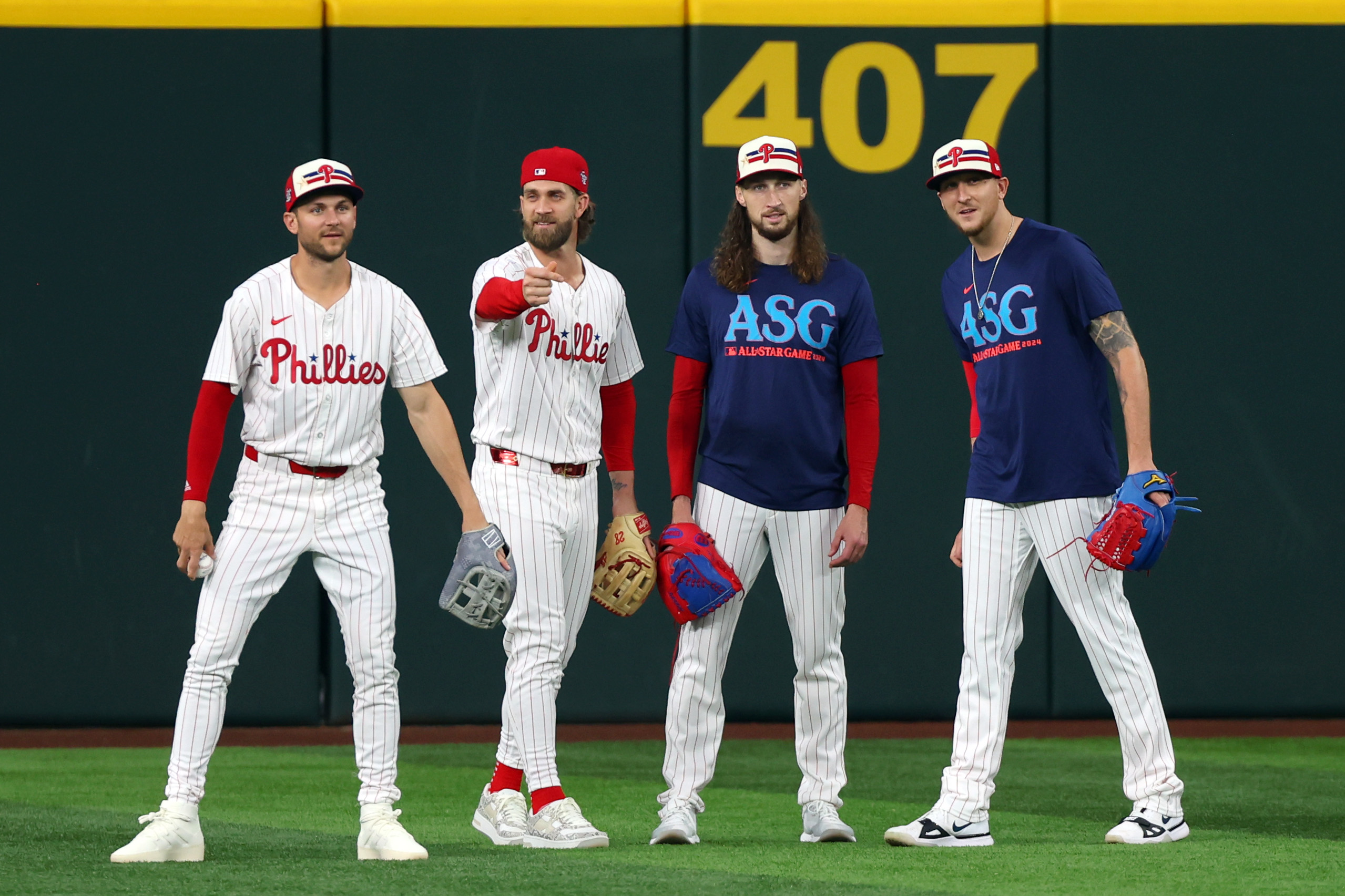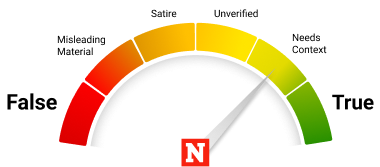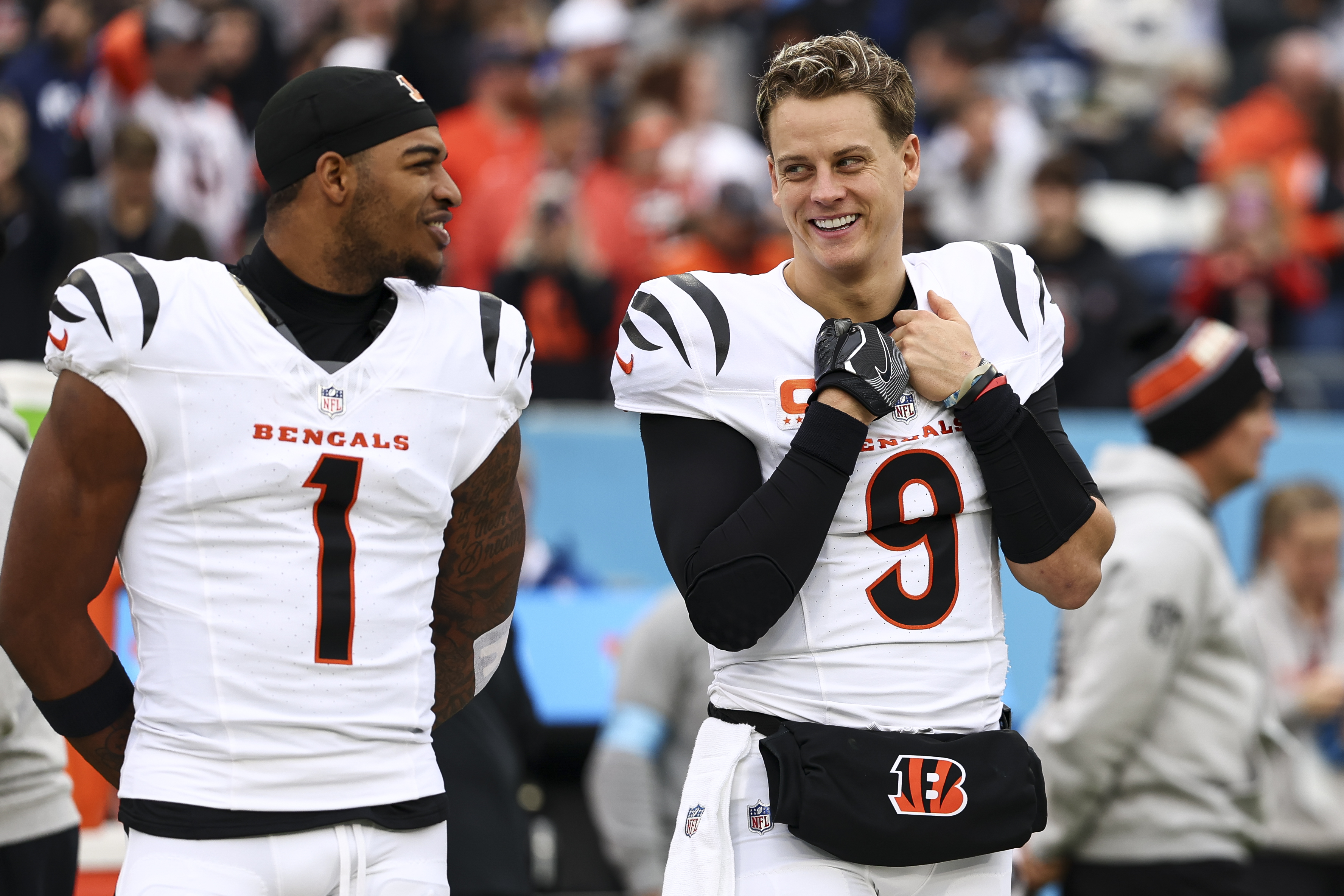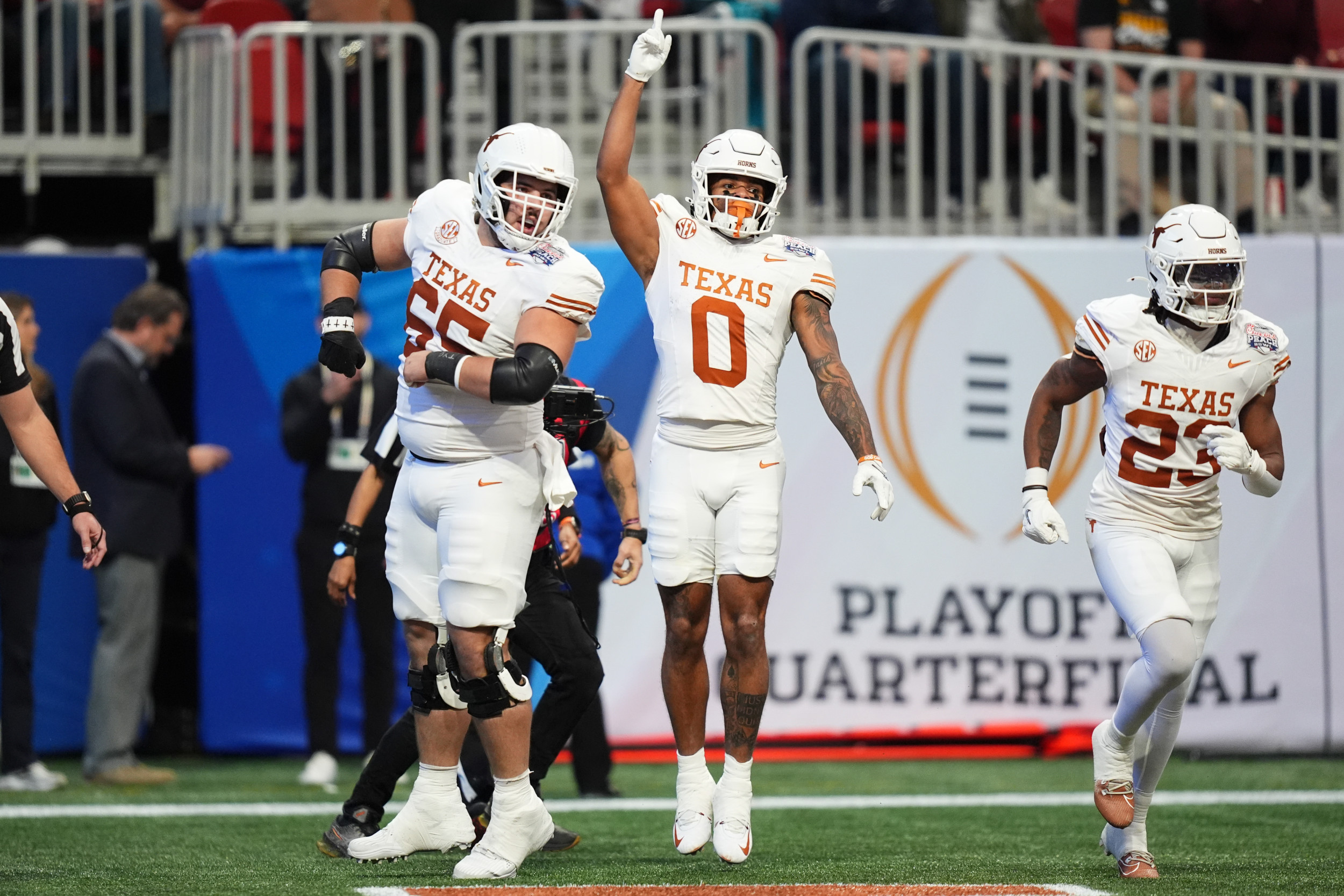A recent call between conservative Supreme Court Justice Samuel Alito and President-elect Donald Trump has drawn sharp criticism, with former U.S. Attorney Joyce Vance calling it "entirely inappropriate."
Speaking on MSNBC on Friday, Vance emphasized the ethical concerns surrounding the call, particularly given the likelihood of related cases reaching the Supreme Court.
"I think the answer about whether the call should have taken place is unequivocally no," Vance said. "It was entirely inappropriate for Alito to have this call with the president-elect knowing that this case was headed towards the court."
Newsweek reached out to Trump's team and the Supreme Court via email for comment on Friday.
Why It Matters
The controversy has sparked renewed discussions about judicial ethics and the need for a formal code of conduct for Supreme Court justices, who currently lack binding ethical guidelines beyond self-regulation.
The independence of the judiciary is a foundational principle of the U.S. legal system. Any interaction between Supreme Court justices and political figures—particularly those with pending cases before the court—risks undermining public confidence in the impartiality of the judiciary.

What to Know
Alito, one of six conservative justices on the nine-member Supreme Court, confirmed he took a call from Trump on Tuesday, one day before Trump's lawyers filed a petition asking the court to halt his New York sentencing scheduled for Friday.
Trump's legal team argued that the sentencing in the infamous "hush money" case interferes with the presidential transition process ahead of his January 20 inauguration and contended that presidential immunity, previously upheld by the Supreme Court, could extend to a president-elect.
A New York appeals court rejected Trump's argument on Tuesday. His lawyers then filed the petition on Wednesday, one day after the phone call with Alito. The call was first reported by ABC News.
In a statement, Alito denied discussing the petition with Trump, saying he was "not even aware" that such an application would be filed. He said the call was about recommending his former law clerk, William Levi, for a position in the upcoming Trump administration.
Alito has previously faced calls to recuse himself from cases involving Trump. In 2021, an upside-down flag associated with the 'Stop the Steal' movement was seen outside Alito's Virginia home days after the January 6 Capitol attack. Alito attributed the flag's display to his wife, who he said raised it during a dispute with neighbors over an anti-Trump lawn sign.
Legal experts and lawmakers have long debated whether Supreme Court justices should be held to a stricter ethical code. While lower court judges adhere to the American Bar Association's Model Code of Judicial Conduct, Supreme Court justices are not formally bound by it. Critics argue that such gaps in ethical oversight create the potential for conflicts of interest or undue influence.
What People Are Saying
Vance told MSNBC on Friday: "What's particularly discouraging in this entire scenario is that Justice Alito, when called on it, his response was that he didn't realize that this was about to hit the court. Every other legal analyst, and probably people in the grocery store checkout lines and your plumber and people serving you dinner at the restaurant, everyone knew."
Shanlon Wu, a former federal prosecutor, told Newsweek on Friday: Alito should have recused himself from the sentencing case and should recuse himself from any case involving Trump because under a reasonableness standard, a reasonable person would question his ability to be impartial. His failure to do so even further erodes confidence in the Supreme Court.
Neama Rahmani, a former federal prosecutor, told Newsweek on Friday: "Justice Alito said he didn't know that Trump's case would hit the Court, but that is blind ignorance when Trump made it clear he would appeal the hush money conviction all the way to the Supreme Court. Unfortunately, Alito's conduct further undermines the public's trust in the Supreme Court."
Carrie Severino, president of the Judicial Crisis Network, in a post on X: "Here comes the newest manufactured "ethics" scandal over a simple reference check.
The Left is once again making up fake ethics rules as a way to smear a justice who they despise for authoring the Dobbs opinion and faithfully following the Constitution."
Alito told ABC: "We also did not discuss any other matter that is pending or might in the future come before the Supreme Court or any past Supreme Court decisions involving the President-elect."
What's Next
This latest controversy has reignited calls for the Supreme Court to adopt a formal code of conduct. Some lawmakers have pushed for ethics reforms, including mandatory recusal in cases where justices have had direct interactions with involved parties.
The debate over Supreme Court ethics is likely to continue as high-profile cases involving political figures come before the court. Whether this latest controversy leads to substantive changes remains to be seen, but Vance's remarks have added to growing pressure for increased judicial accountability.




















 English (US) ·
English (US) ·